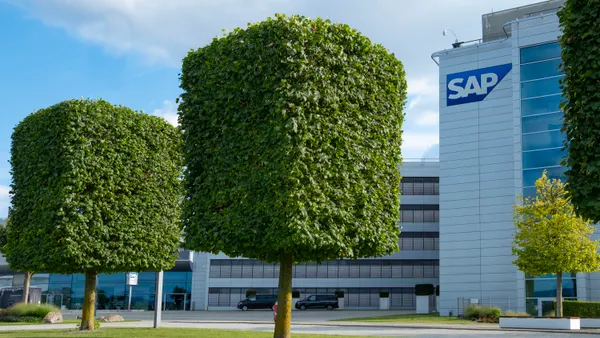The DevOps model, introduced more than a decade ago, has become a commonplace way to encourage collaboration across development and operations teams. While the central ideas behind the model have held up, DevOps methods have shifted on a case-by-case basis tailored to what's best for the organization.
At Discover Financial Services, a DevOps model guided the company's management of its application platform. Bryan Payton, senior principal enterprise architect at Discover, and Sakthi Kasiramalingam, director, cloud platforms at Discover, shared which DevOp techniques worked well and why a culture shift underlies successful DevOps implementation during a Virtual Grace Hopper Celebration 2021 session on Wednesday.
When approaching the development process, the IT team realized no single tool could fix all obstacles, according to Payton. Instead, the team came up with several DevOps techniques to consider during the planning phase.
The Discover team developed a single backlog and operating mechanism to ensure the engineers and operations employees all had the same information, Payton said. The common management of the project gave everyone an equal opportunity at oversight and a voice over the process.
Discover also rotated responsibility between engineering and operations. "The intent of having our engineers and our operations teams rotate on a periodic basis was to give awareness and understanding of the different roles, and the transformation between our product in development and the product being operated," Payton said.
Throughout the process, upskilling the engineering team was necessary to ensure they were up to speed on the new products and configurations, according to Payton. The rapid evolution of products under a DevOps model meant engineers needed to dedicate additional time to educate themselves.
In DevOps, teams also have room to fail or for an iteration of a product to fall short. The technology team at Discover built this into the process with a "blameless post-mortem analysis," Payton said. No one wants to be blamed for a problem and, by removing pointing the finger at someone, the team can just focus on improving instead.
Finally, Payton said the department held operations review meetings to understand how lessons learned throughout the process on the operations side could be applied to development and engineering.
A cultural shift to embrace DevOps
While strong techniques and planning can help prepare the team for success, the organization's culture must also push the development and operations teams to embrace a DevOps model.
"The biggest challenge around DevOps and transforming to a new way of working is not technology or the metrics, but it is the people and the behaviors exhibited on a daily basis," Kasiramalingam said.
The tech team at Discover took a people-first approach to the DevOps methodology and transformation, according to Kasiramalingam. Instead of a command and control approach, teams were empowered to make decisions with support as needed along the way.
Earlier this year, Discover EVP and CIO Amir Arooni spoke to the importance of a sense of autonomy to boost innovation at the Forbes CIO Summit in April.
"You're talking about building an environment and collectively creating an environment that keeps engineers happy and engaged in their work," said Arooni. "People do not want to get instructions, they want to have autonomy."
Kasiramalingam created that culture by leading with questions instead of answers to guide the team toward self organization. When failures did occur, the teams were encouraged to learn from them through blameless root cause analysis.
Members of leadership aimed to create psychological safety that encouraged innovation "by being open, engaged, listening to and responding to team members feedback," Kasiramalingam said.














